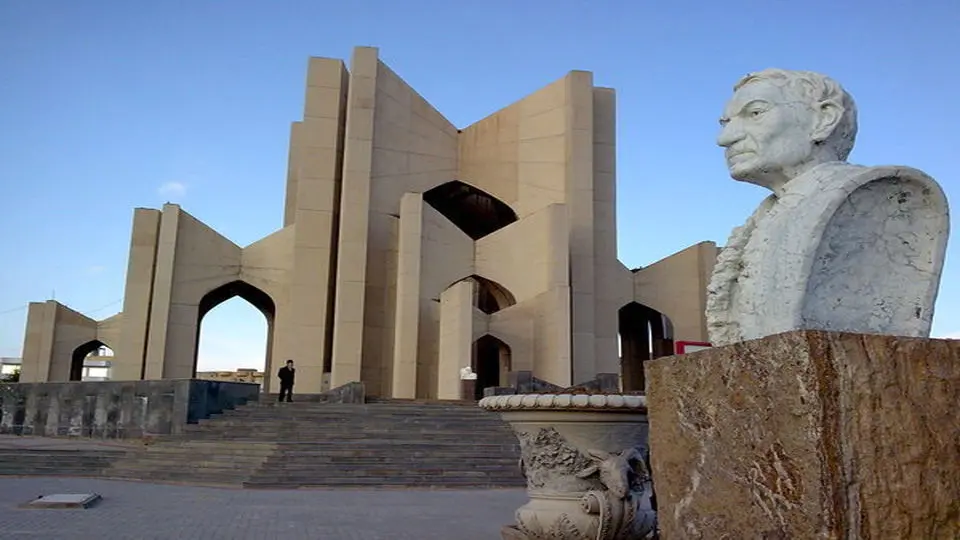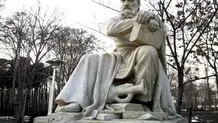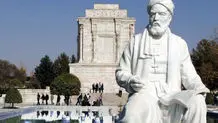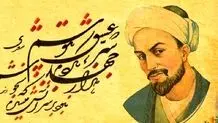On Shahriar demise anniversary;
Iran commemorates National Persian Poetry and Literature Day
Iranians commemorate Shahriar on his demise anniversary, Iran’s National Day of Persian Poetry and Literature.

MEHR: Iranians commemorate Shahriar on his demise anniversary, Iran’s National Day of Persian Poetry and Literature.
The National Day of Persian Poetry and Literature is observed every year on the death anniversary of the most prominent figure of contemporary Persian poetry Mohammad-Hossein Behjat Tabrizi – Shahriar, which falls on Monday this year.
As the most prominent figure of contemporary Persian poetry, Shahriar was mainly influenced by the poetry of Hafez, a Persian poet writing in the 14th century.
Shahriar published his first book of poems in 1929 with prefaces by Persian literature scholars Mohammad-Taqi Bahar, Saeid Nafisi, and Pejman Bakhtiari.
Although Shahriar wrote in various forms, including lyrics, quatrains, couplets, odes, and elegies, he composed some of his most appreciated poems in the traditional genre of ghazal.
His lyrical poems could be divided into three broad categories religious, panegyric, and love poems, although the lines between the three are blurred.
Shahriar’s poetry has influenced many traditionalist and neo-traditionalist contemporary Persian poets, including Fereydun Moshiri, Nader Naderpur, and Hushang Ebtehaj (Sayeh).
The poet was interested in music and played the Setar very well. He was also a talented calligrapher.
Shahriar also composed works in Azerbaijani language. His most important work, Heydar Babaya Salam, is considered to be a contemporary pinnacle in Azarbaijani literature which gained great popularity in the world and was translated into more than 30 languages.
“Heydar Babaya Salam” has recently been published in English by Tabriz University Publications.
Iranian scholar Behruz Azabdaftari is the translator of the poetry collection.
The majority of the words and phrases employed by Shahriar in this collection revolve around rustic customs, serving as a nostalgic nod to the linguistic heritage of generations past, Azabdaftari said.
They possess a captivating allure, deeply rooted in local traditions, he added.
Shahriar’s home has been turned into a museum that houses his personal effects including the instruments he played, his calligraphy work, and photos are displayed at the museum.
Shahriar, a legendary Iranian poet was born in 1907 in Tabriz and laid to rest in 1988 aged 81.
آخرین اخبار Iran را از طریق این لینک پیگیری کنید.




